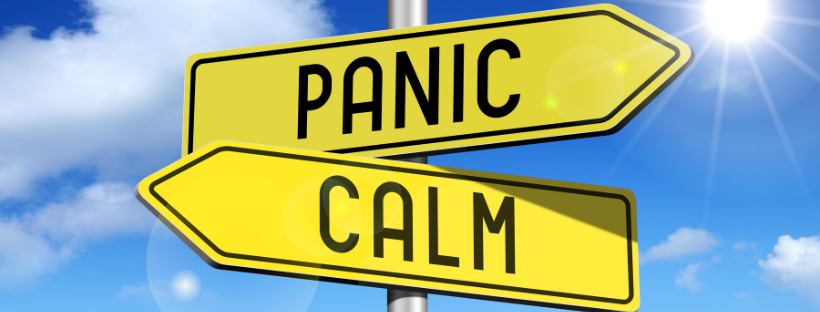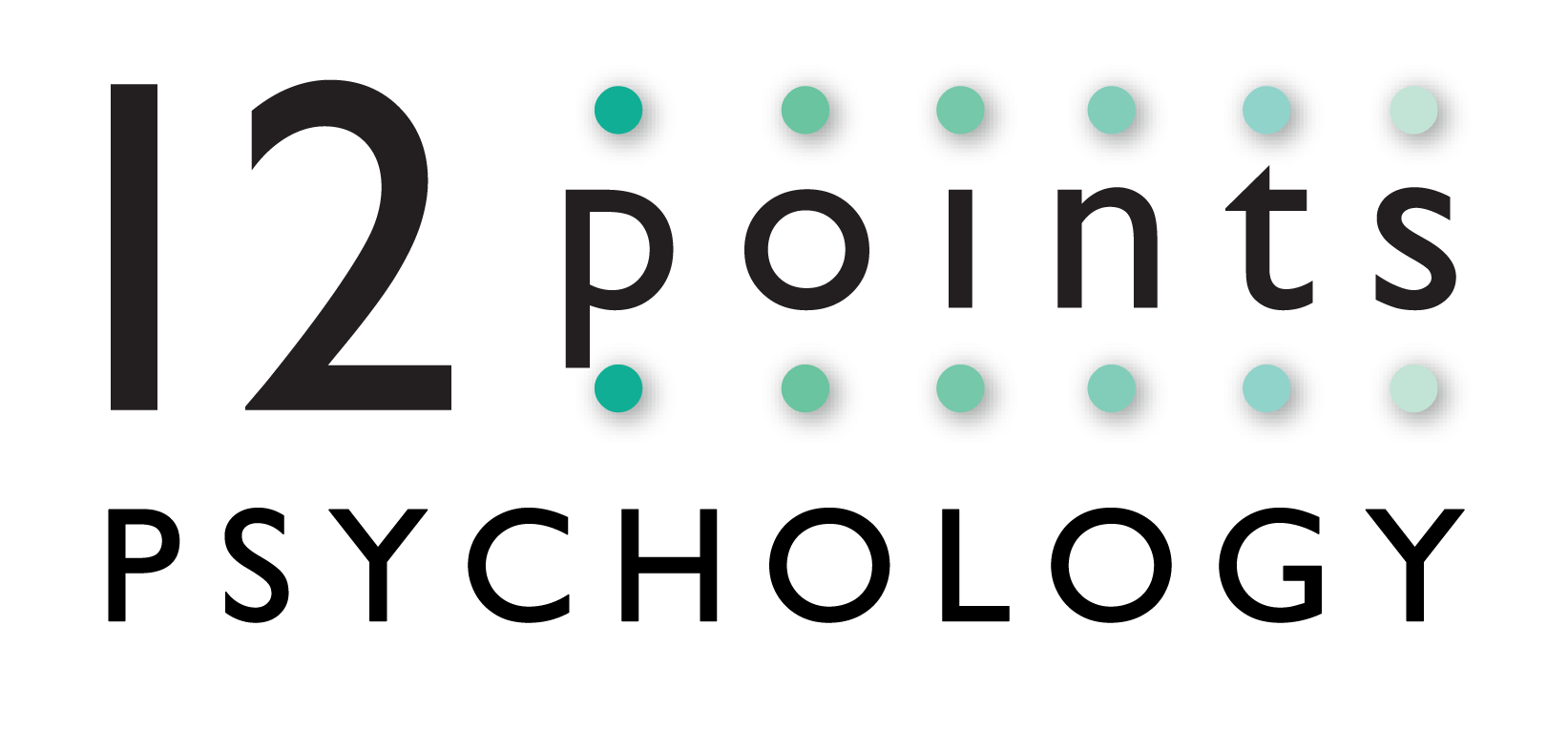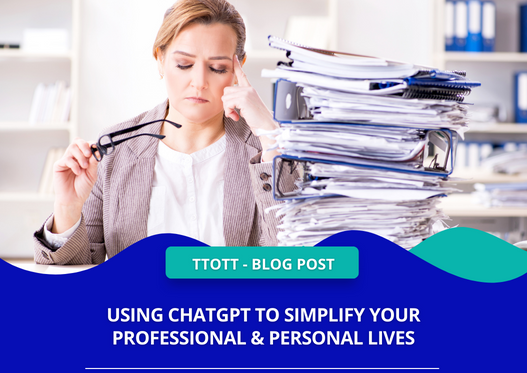Overview: What Is ChatGPT and Why Should You Care?
If you’re like most mental health professionals, your focus is always on looking out for others, often to the detriment of your own well-being. So as part of my mission to change all that, I thought ChatGPT and I could come up with some simple and effective ways you can save time and alleviate mental load by integrating ChatGPT into both your professional and personal lives.
Streamlining Administrative Tasks in Your Practice
Automating Routine Communications
If I have to write one more email to a third party justifying why a complex client needs more than 10 sessions, I may go insane! So, for nearly a year now, I’ve been handing over that onerous task to ChatGPT and it’s been brilliant at it! It’s also given me templated responses for routine communications with clients, whether it’s appointment confirmations, billing queries, or intake paperwork. I love that it frees me up to focus on the stuff that I actually enjoy (like working with the clients) rather than the brain-numbing administrative tasks.
Enhancing Documentation and Note-taking
Maintaining Medicare-compliant case notes cause headaches for most clinicians, but ChatGPT can come up with simple templates to follow to make sure you’re always recording just enough information (and not too much). It can also produce generic treatment plans for new clinicians to follow as well as for established clinicians who just want to stay Medicare-compliant.

Balancing Your Personal Life
Managing Household Chores and To-dos
But let’s not neglect the personal side of life. ChatGPT can help you create shopping lists, set reminders, or even draft emails. I’ve even used it to help me find a new shade of lipstick when my old one got discontinued! You can also put in a list of what’s in your fridge or cupboard and ask it to come up with recipes that will use up all those leftovers and pantry staples. Why not make use of this awesome new tech to reduce the cognitive load of juggling multiple hats? (Business owner, clinician, partner, mum, cook, shopper etc)
Self-Care Reminders
If you don’t put your oxygen mask on first, you can’t help anyone. So ChatGPT can be programmed to send you periodic reminders to take breaks, practise mindfulness, or simply breathe. These tiny nudges are all we need sometimes to remember to do what we tell all our clients to do!
Skill-building and Professional Development
Research and Learning
As clinicians, we want to stay up to date with the latest research and resources, and obviously, ongoing training is a core part of our registration requirements. However, there is so much information out there and more coming all the time, it can be overwhelming trying to keep up with it all! ChatGPT can assist you by; summarising relevant research articles (just copy and paste the url into the chat box and ask for a summary of the findings) or even creating your professional development plan for the year inline with your interests and clinical framework.
Ethical Considerations
It’s important to note that ChatGPT is a tool. A fantastic tool, to be sure, but it should not and cannot replace professional judgement. Always exercise caution and adhere to ethical guidelines when using AI in your practice.
Conclusion: Prioritising Your Well-being
By integrating ChatGPT into your life, you can save time, reduce mental load, and ultimately be better equipped to help your clients and be present for your own life too. After all, you can’t pour from an empty cup. So go ahead, have play with the free version and see how it might reduce that mental load just a little.
Because caring for the carers is not just a tagline; it’s a necessity.

